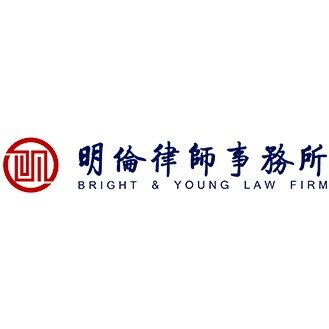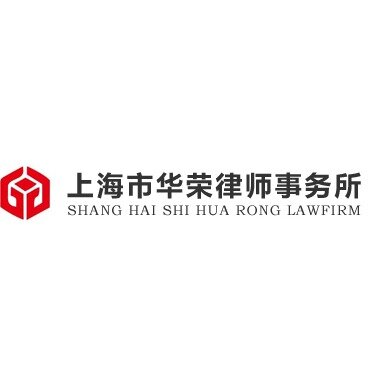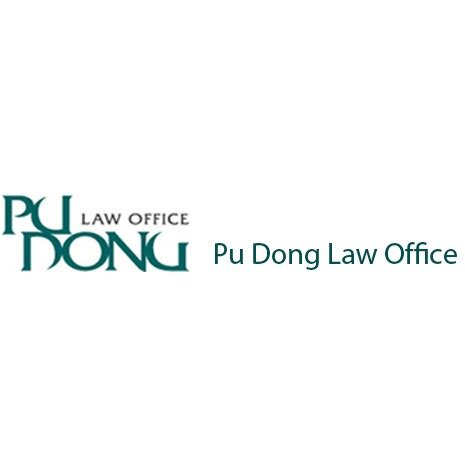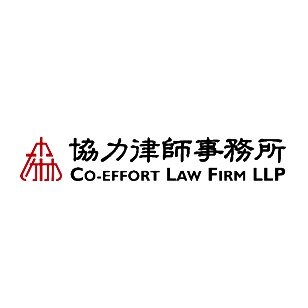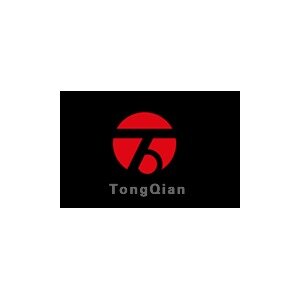Best Hiring & Firing Lawyers in Shanghai
Share your needs with us, get contacted by law firms.
Free. Takes 2 min.
List of the best lawyers in Shanghai, China
About Hiring & Firing Law in Shanghai, China
Hiring and firing practices in Shanghai, China are governed by a mix of national laws, local regulations, and specific company policies. The primary legal framework is the Labor Contract Law of the People's Republic of China, which outlines the rights and responsibilities of both employers and employees. This framework ensures a structured process for employment and termination, focusing on protecting employee rights while allowing employers to operate efficiently. Shanghai, as a major economic hub, has additional local regulations that address its unique market conditions, providing more detailed guidance on employment contracts, dismissals, and dispute resolution.
Why You May Need a Lawyer
There are several situations where legal advice might be necessary in the context of hiring and firing in Shanghai:
- Understanding Employment Contracts: Drafting or reviewing the details of an employment contract to ensure compliance with Chinese laws.
- Dispute Resolution: Navigating disputes related to wrongful termination or unfair dismissal and seeking appropriate remedies.
- Compliance with Local Laws: Ensuring company policies align with local labor laws to avoid any legal penalties.
- Handling Mass Layoffs: Managing procedures and communications required during large-scale employee reductions.
- Alien Employees: Advising on the specific requirements for hiring foreign nationals, including visa and permit regulations.
Local Laws Overview
The following aspects of local laws in Shanghai are particularly relevant to hiring and firing:
- Employment Contracts: Must be in written form and specify employment terms, roles, remuneration, etc.
- Probationary Periods: The length depends on the nature of the contract and must be specified clearly.
- Grounds for Termination: Specific conditions under which an employee can be lawfully dismissed, such as gross misconduct or redundancy.
- Notice and Severance Pay: Requirements for notice periods and severance payments vary depending on the reason for termination.
- Non-Compete Clauses: Must be reasonable in time and geography and may require compensation.
- Employee Rights and Protections: Includes protections against discrimination and regulations on working hours and overtime.
Frequently Asked Questions
What are the essential components of an employment contract in Shanghai?
An employment contract in Shanghai should include the terms of employment, job responsibilities, remuneration, working hours, and conditions for termination. It must comply with Chinese labor law.
Can I include a probationary period in the employment contract, and how long can it be?
Yes, a probationary period can be included. Its maximum duration varies: one month for employment terms between 3 months and 1 year, two months for terms between 1 and 3 years, and six months for contracts with a term of longer than 3 years or no fixed term.
How does severance pay work in Shanghai?
Severance pay is generally calculated based on the employee's duration of service, with one month's salary for each year of employment. Partial years over six months are regarded as a full year, and shorter periods receive half a month's salary.
Are there specific rules for terminating an employee on maternity leave?
Yes, employees on maternity leave have special protections, and dismissing them requires substantial justification, such as company closure or bankruptcy.
Is there a difference in the hiring process for domestic and foreign employees?
Yes, foreign employees require additional permits and paperwork, including work visas, residence permits, and employment licenses.
What are the guidelines for implementing a non-compete agreement?
Non-compete agreements should not extend beyond two years, and compensation during the non-compete period is typically required.
What recourse do employees have if they face wrongful termination?
Employees can file a complaint with the local labor dispute arbitration committee, initiate mediation, or pursue litigation through the courts.
Can employers in Shanghai impose mandatory retirement ages?
Employers may impose mandatory retirement, typically at the statutory retirement age of 60 for men and 55 for women, but specific regulations should be checked.
How are employee overtime rules regulated?
The law restricts overtime to 36 additional hours per month, requiring employer payment of 150% to 300% of normal wages, depending on timing and duration.
What should I do if I'm planning a large-scale layoff?
Large-scale layoffs require a certain procedure, including reporting to labor authorities and consulting with trade unions or employee representatives, to ensure compliance with the law.
Additional Resources
Here are some resources and organizations that can provide additional information and assistance:
- Shanghai Labor Bureau: Offers guidance on local labor laws and dispute resolution services.
- All China Federation of Trade Unions: A national organization that assists with employment issues and workers' rights.
- Ministry of Human Resources and Social Security of China: Oversees employment policies and regulations across the country.
- Legal Aid Centers: Provide free or subsidized legal assistance to those unable to afford private services.
Next Steps
If you need legal assistance in hiring and firing in Shanghai, consider the following steps:
- Identify the specific legal issue you are facing related to hiring or firing.
- Gather all relevant documentation, including employment contracts and correspondence.
- Contact a reputable lawyer or legal firm with expertise in labor law within Shanghai.
- Utilize local resources like the Shanghai Labor Bureau for guidance and support.
- Ensure you fully understand your legal rights and obligations as an employer or employee before taking any action.
Lawzana helps you find the best lawyers and law firms in Shanghai through a curated and pre-screened list of qualified legal professionals. Our platform offers rankings and detailed profiles of attorneys and law firms, allowing you to compare based on practice areas, including Hiring & Firing, experience, and client feedback.
Each profile includes a description of the firm's areas of practice, client reviews, team members and partners, year of establishment, spoken languages, office locations, contact information, social media presence, and any published articles or resources. Most firms on our platform speak English and are experienced in both local and international legal matters.
Get a quote from top-rated law firms in Shanghai, China — quickly, securely, and without unnecessary hassle.
Disclaimer:
The information provided on this page is for general informational purposes only and does not constitute legal advice. While we strive to ensure the accuracy and relevance of the content, legal information may change over time, and interpretations of the law can vary. You should always consult with a qualified legal professional for advice specific to your situation.
We disclaim all liability for actions taken or not taken based on the content of this page. If you believe any information is incorrect or outdated, please contact us, and we will review and update it where appropriate.



